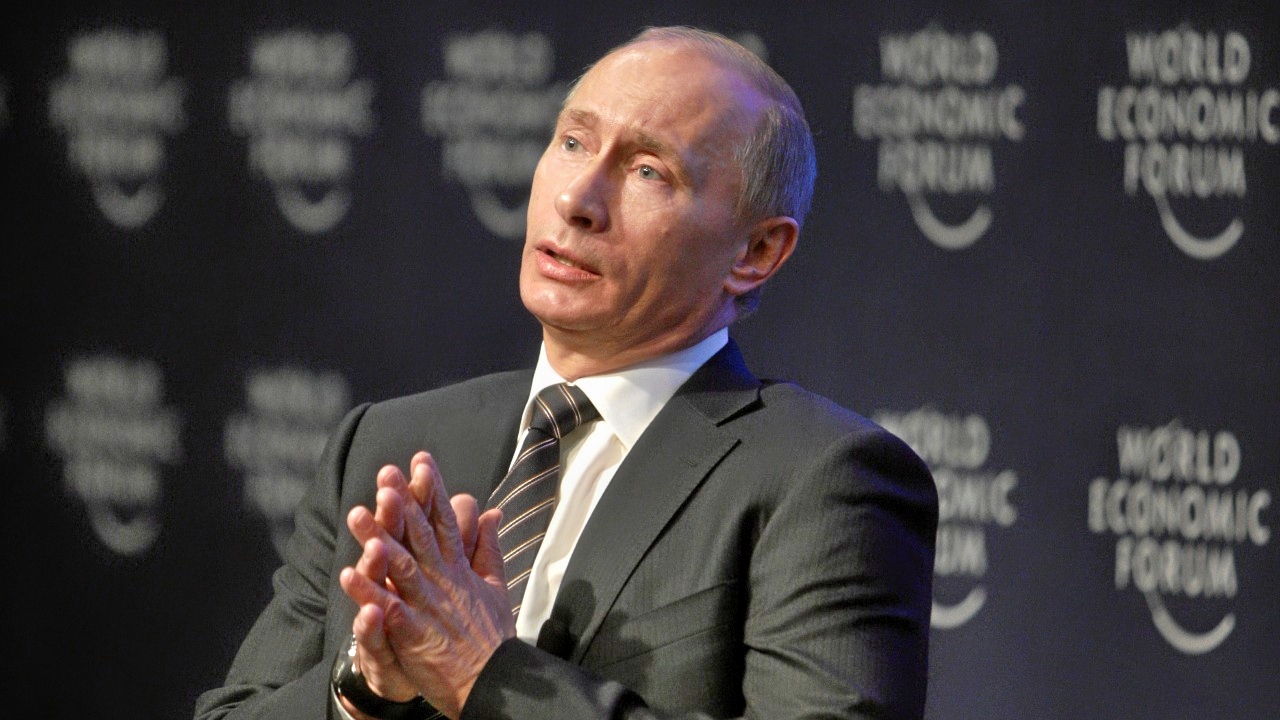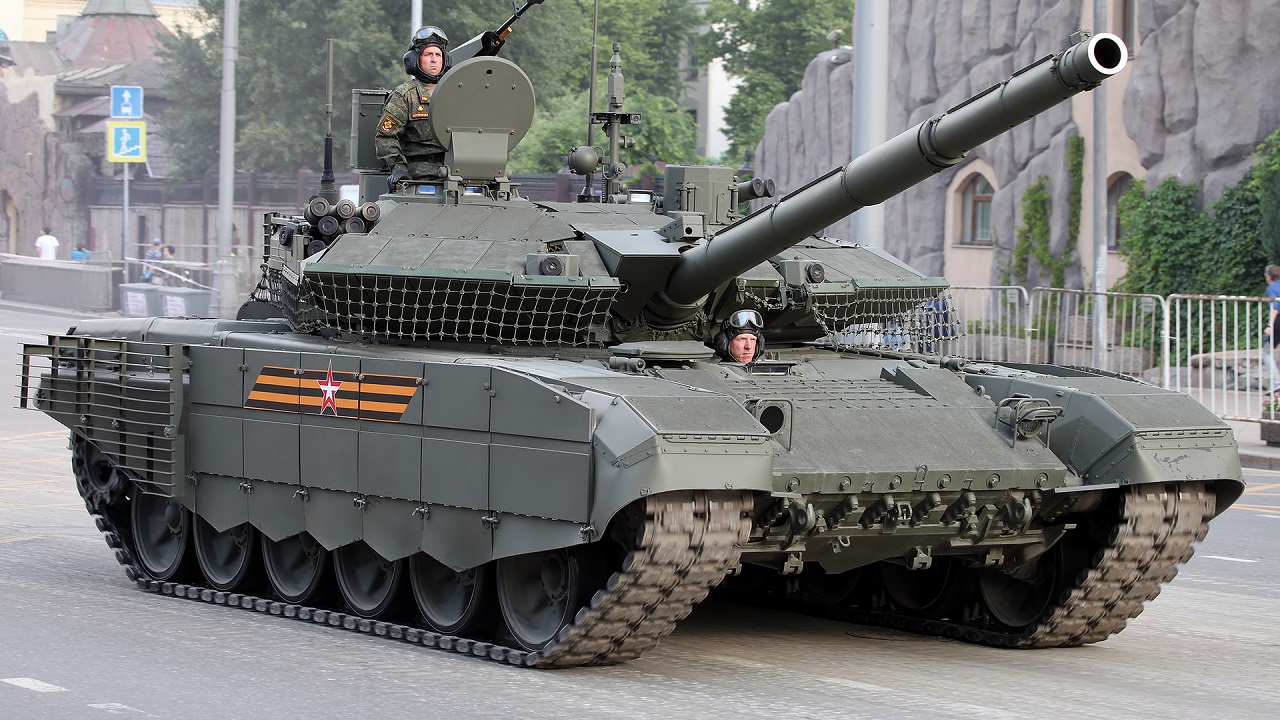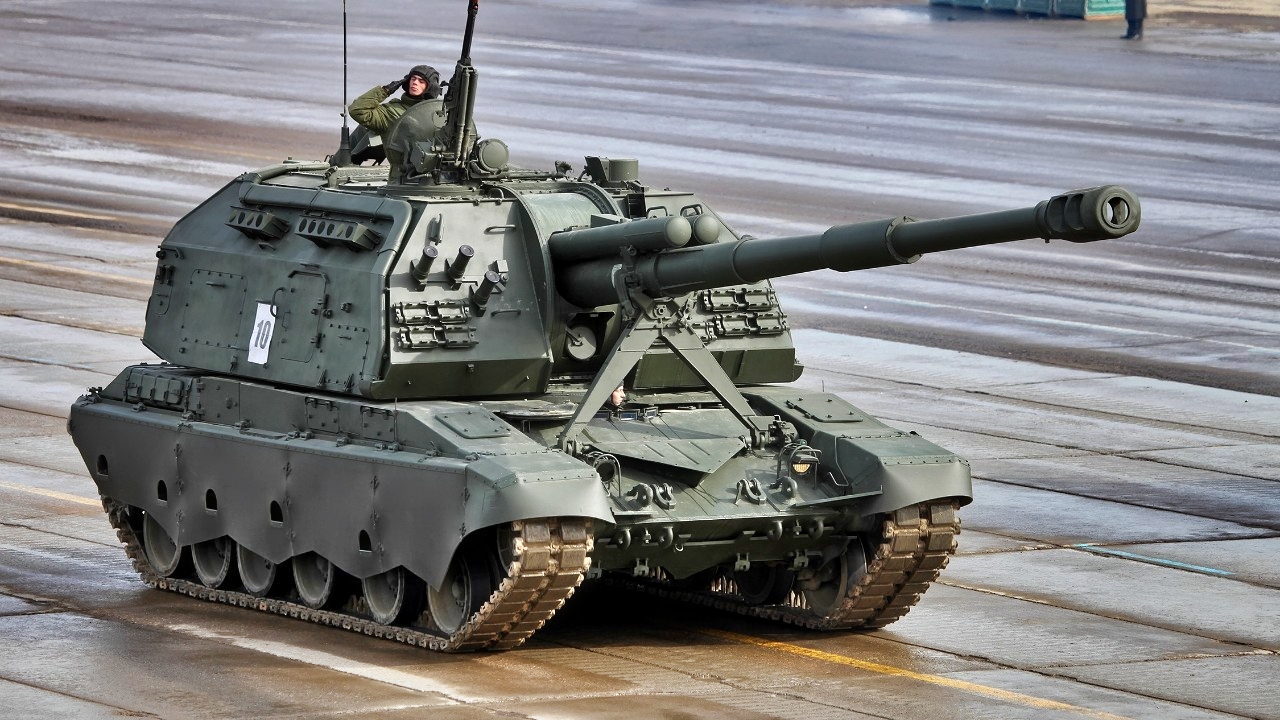Key Points and Summary – A growing number of Russian officers—active and retired—are quietly questioning Vladimir Putin’s Ukraine strategy, arguing the war is draining manpower, wrecking the economy, and courting disaster.
-Retired Col-Gen Leonid Ivashov sounded the alarm even before the 2022 invasion, warning that Russia’s weakness is internal—corruption, demographic decline, and an unviable state model.

Putin Back in 2009. Image Credit: Creative Commons.
-Today, generals bristle at Putin’s unchanged maximalist demands, belief in winning by attrition, and spurned negotiation chances.
-They see a military bled by high casualties while Kremlin “elites” avoid accountability. The emerging split: professional soldiers urging an off-ramp vs. a ruler convinced time—and sacrifice—still favor Russia.
Do Putin’s Generals Want Him to End the War in Ukraine?
WARSAW, POLAND – With the increasingly openly expressed dissatisfaction with the rule of Russian President Vladimir Putin on the home front, the reports of near-barbaric treatment of Russian troops on frontlines at the hands of their commanders, there is uneasiness in the upper ranks about the course of the war in Ukraine.
Some are saying—so far only quietly—that this war needs to be shut down before it is too late to avoid catastrophic consequences for the Russian state.
Some of Russia’s senior retired military leaders were ringing the alarm bells even before the war began, predicting the disaster for the armed forces that has unfolded in the years since the February 2022 invasion.
Retired Colonel-General Leonid Ivashov, the head of the All-Russian Officers Assembly, went public with a statement before the war even began. His statement called for Russian President Vladimir Putin to resign or be forced out by constitutional procedures over the confrontation involving Ukraine.
To ensure no one doubted the sincerity of his message, Ivashov, 78, followed his public statement with an interview on one of the few remaining liberal Russian media outlets at the time, Echo Moskvy radio station.
During his interview, he insisted he was speaking not just for himself, but in the name of the assembly of retired and reserve Russian officers, an interest group and association which he heads.
The collective statement for the organization was edited and redrafted after internal discussions, Ivashov said, with some of the retired military men arguing for a softer line toward Putin. However, others were reportedly demanding the use of even harsher words.

T-90M. Image Credit: Creative Commons.
Ivashov, who spoke in measured language during the radio interview, also explained that active-duty officers are understandably not free to speak their minds and emphasized that he was speaking to the small audience of Echo Moskvy. The radio station, one of the few remaining in Russia to be courageous enough to criticize the Putin regime, was soon forced to close its doors.
The View From Senior Levels of the Military
Ivashov served as a senior aide to the country’s defense minister and as the ministry’s chief of general affairs before the collapse of the Soviet Union in 1991. He held other high-ranking military posts and commands before retiring—or, some say, forced to retire by Putin—in 2001. Functions he carried out at the time included numerous negotiations with NATO and the US military.
Ivashov has since looked upon Putin’s full-scale invasion of Ukraine as a serious blunder that would harm Russia inside and out. Given his previous positions, many see his viewpoint as serious and not motivated by political or personal agendas.
Domestically, he predicted, a prolonged war would weaken the economy and aggravate an already looming demographic crisis. In the international arena, he warned, it would lose friends for Russia and risk war with NATO. His predictions have proven to be brutally accurate.
Ivashov has since blamed Putin for risking “the final destruction of Russian statehood and the extermination of the indigenous population of the country.” He warned the real danger for Russia was not NATO or the West, but “the unviability of the state model, the complete incapacity and lack of professionalism of the system of power and administration, the passivity and disorganization of society.” Under these conditions, “no country survives for long,” he has written.
Despite the Kremlin’s usually merciless repression of any expressions of dissent, Ivashov has since continued to criticize the invasion publicly.
In December 2024, he gave a lengthy monologue on UA RUS Online, warning that Putin and his Kremlin inner circle could soon suffer the same fate as the regime of ousted and exiled Syrian dictator Bashar al-Assad.
Putin’s Collision Course
The active-duty Russian Generals and other senior officials are reported to be increasingly critical of the principal policies Putin has maintained to date.
It appears to put him on a collision course with his military leadership, who are seeing the military being destroyed as a consequence.
One of their concerns is that Putin is obstinately clinging to the same set of maximalist demands he has had since Day One of the war. The lack of any admission of his mistakes or changes in strategy to adjust to the new realities on the battlefield troubles them. Despite the high casualties and other staggering losses, Putin’s core objectives remain unchanged.
Another point is Putin’s continued confidence that Russia can still win through attrition. Russia can outlast Ukraine and its western backers, is another of his unchanging positions.
Extremely high casualties are in his mind the price to be paid for the long-term struggle against the West. With so far minimal domestic pressure over these casualties, he sees no need to change.
Putin has also fumbled more than one opportunity to reach an agreement with US President Donald Trump and other NATO leaders. Dismissing proposals for negotiations, which include the recent cancellation of a planned summit in Budapest, is also looked upon as Putin callously maintaining his vanity at the cost of thousands of lives per week.
Ivashov’s position was that he differentiates between Russia’s highly trained professional officers’ ranks and the Kremlin’s military “elite.” This latter group is headed by what he considers to be non-entities who know nothing of military affairs.
As long as this elite is in charge, the closer Russia gets to Ivashov’s prediction that the war will end up being a catastrophe in which, as he has said, it will not be Putin’s Kremlin tin soldiers who pay the price.
Instead, it will be the professional officers and the tens of thousands of young Russian conscripts who will be killed or crippled in the fighting.
About the Author: Reuben F. Johnson
Reuben F. Johnson has thirty-six years of experience analyzing and reporting on foreign weapons systems, defense technologies, and international arms export policy. Johnson is the Director of the Asia Research Centre at the Casimir Pulaski Foundation. He is also a survivor of the Russian invasion of Ukraine in February 2022. He worked for years in the American defense industry as a foreign technology analyst and later as a consultant for the U.S. Department of Defense, the Departments of the Navy and Air Force, and the governments of the United Kingdom and Australia. In 2022-2023, he won two awards in a row for his defense reporting. He holds a bachelor’s degree from DePauw University and a master’s degree from Miami University in Ohio, specializing in Soviet and Russian studies. He lives in Warsaw.
More Military
Forget the F-35 of F-47: A 7th Generation Fighter Is Possible
$500 Drones are Destroying $10,000,000 NATO Tanks in Ukraine War
The Mach 2.2 F-4 Phantom II Fighter Has a Message for Every Air Force on Earth
China’s White Emperor ‘NGAD’ Stealth Fighter Summed Up in 2 Words











Shitpile
October 28, 2025 at 8:26 pm
Three steps to lightningly end ukro war, since it’s clear as day trump and cronies UNLIKELY to stop sending money, weapons and ammo to kyiv’s nazis.
1) get rid of putin.
2) nuke lviv.
3) (optional) nuke Taipei.